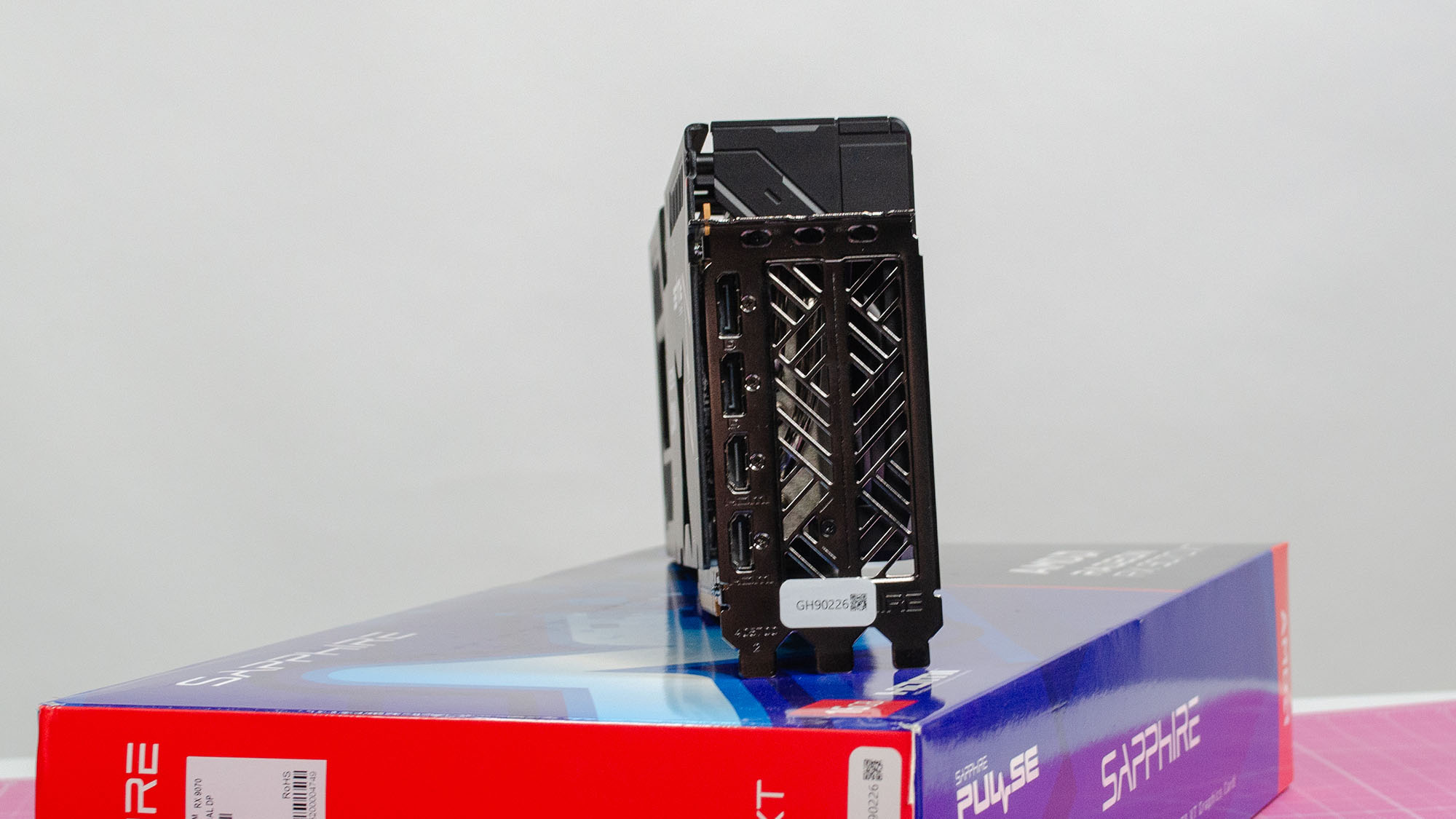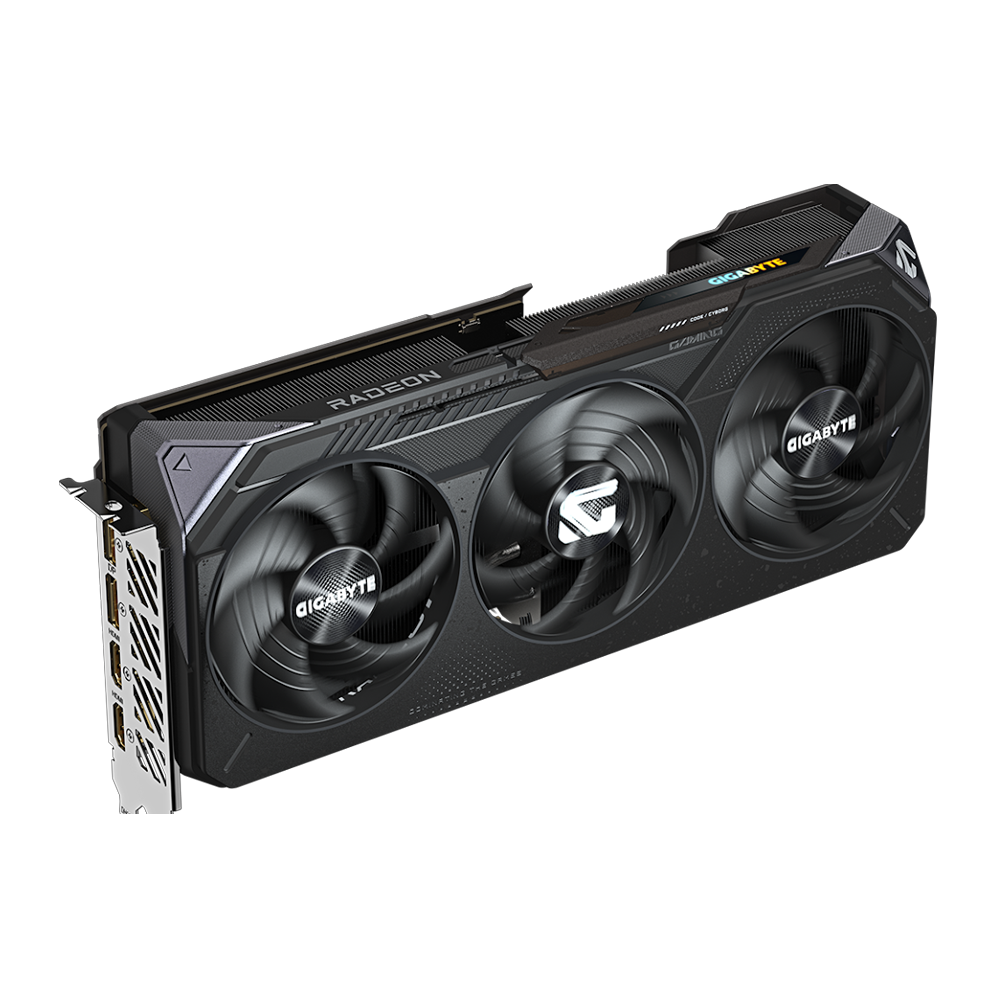AMD rumored to hike price of GPUs by 10% – so it could be a case of grab a Black Friday deal now, or feel the pain later
Buy now or regret it? Rumors of price hikes are mounting up…

Sign up for breaking news, reviews, opinion, top tech deals, and more.
You are now subscribed
Your newsletter sign-up was successful
- AMD is rumored to be enacting a 10% price hike on all Radeon GPUs
- Supply issues around VRAM are pushing up the price of memory
- The cost will be passed on to consumers, so Black Friday might be as cheap as GPUs get for quite a long time
If you're thinking about buying a graphics card, there have been further whispers from the grapevine that price hikes could be coming due to the spiking cost of video memory – meaning Black Friday may be the best chance to get a good deal on a new GPU for some time.
TechPowerUp highlighted (via VideoCardz) that analyst Dan Nystedt on X flagged a (paywalled) report from UDN, which claims AMD has told its graphics card-making partners that prices are set to rise.
AMD has notified supply chain partners it will raise graphics card prices 10% across the entire product line due to rising memory chip prices, media report. It will reportedly be AMD’s 2nd such price increase. $AMD $NVDA #Semiconductors https://t.co/pi2hsmmhCANovember 24, 2025
The article suggests that AMD is hiking prices by 10% across its entire Radeon product line due to the rising cost of video RAM (VRAM) modules.
Obviously, take that with a whole heap of seasoning, but we have seen multiple reports in recent times about the rising cost of memory – for RAM chips and storage alike – being a very real phenomenon. So, it seems like the situation is worsening for graphics cards when it comes to VRAM, at least on AMD's side.
Analysis: acting with some haste may not be a bad call at this point

GPUs use VRAM to speed up their performance – it's much quicker than relying on the PC's system memory, as VRAM is right there, on the board, and swift to access – and some graphics cards pile a lot of the stuff on.
When AMD sells graphics chips to a board-making partner, the practice is to bundle the video RAM modules with it – these are the two main components in a graphics card, of course. With the cost of RAM increasing by a considerable amount, the price of those bundles is increasing, with AMD charging its partners more.
Of course, that cost won't be absorbed by the card maker, but will be passed on to the consumer who's buying the product. Therefore, Radeon GPUs are likely to get around 10% pricier on the shelves as the impact of this filters through the supply and production chain, but obviously, as noted, we need to be careful around rumors and a single report – it might be untrue.
Sign up for breaking news, reviews, opinion, top tech deals, and more.
That said, given a lot of recent speculation about how GPU prices might rise, the evidence is mounting, and there's an increasing feeling that if you do want to buy a graphics card in the near – or even middle-term – future, Black Friday could offer the best prices for quite some time. (There's a tempting Sapphire RX 9060 XT deal on the boil for one thing).
And if you're thinking that price hikes might apply more to high-end graphics cards with lots of VRAM, think again – this will hit more affordable GPUs just as much. Indeed, there's even been a suggestion that some cheaper (mid-range) graphics cards are going to be canned, as those models that pack more VRAM relative to their price bracket (principally more affordable 16GB offerings) are set for disproportionate cost increases – hikes that may not make much sense for the product.
I'd take that with even more seasoning, and the same holds true for the rumors about Nvidia delaying RTX 5000 Super refreshes due to VRAM supply issues. But still, all this very much adds to the general vibe of buying now rather than waiting, which is currently gripping the GPU market.

➡️ Read our full guide to the best graphics card
1. Best overall:
AMD Radeon RX 9070 XT
2. Best budget:
Intel Arc B580
3. Best Nvidia:
Nvidia RTX 5070 Ti
4. Best AMD:
AMD Radeon RX 7900 XTX
Follow TechRadar on Google News and add us as a preferred source to get our expert news, reviews, and opinion in your feeds. Make sure to click the Follow button!
And of course you can also follow TechRadar on TikTok for news, reviews, unboxings in video form, and get regular updates from us on WhatsApp too.
Darren is a freelancer writing news and features for TechRadar (and occasionally T3) across a broad range of computing topics including CPUs, GPUs, various other hardware, VPNs, antivirus and more. He has written about tech for the best part of three decades, and writes books in his spare time (his debut novel - 'I Know What You Did Last Supper' - was published by Hachette UK in 2013).
You must confirm your public display name before commenting
Please logout and then login again, you will then be prompted to enter your display name.